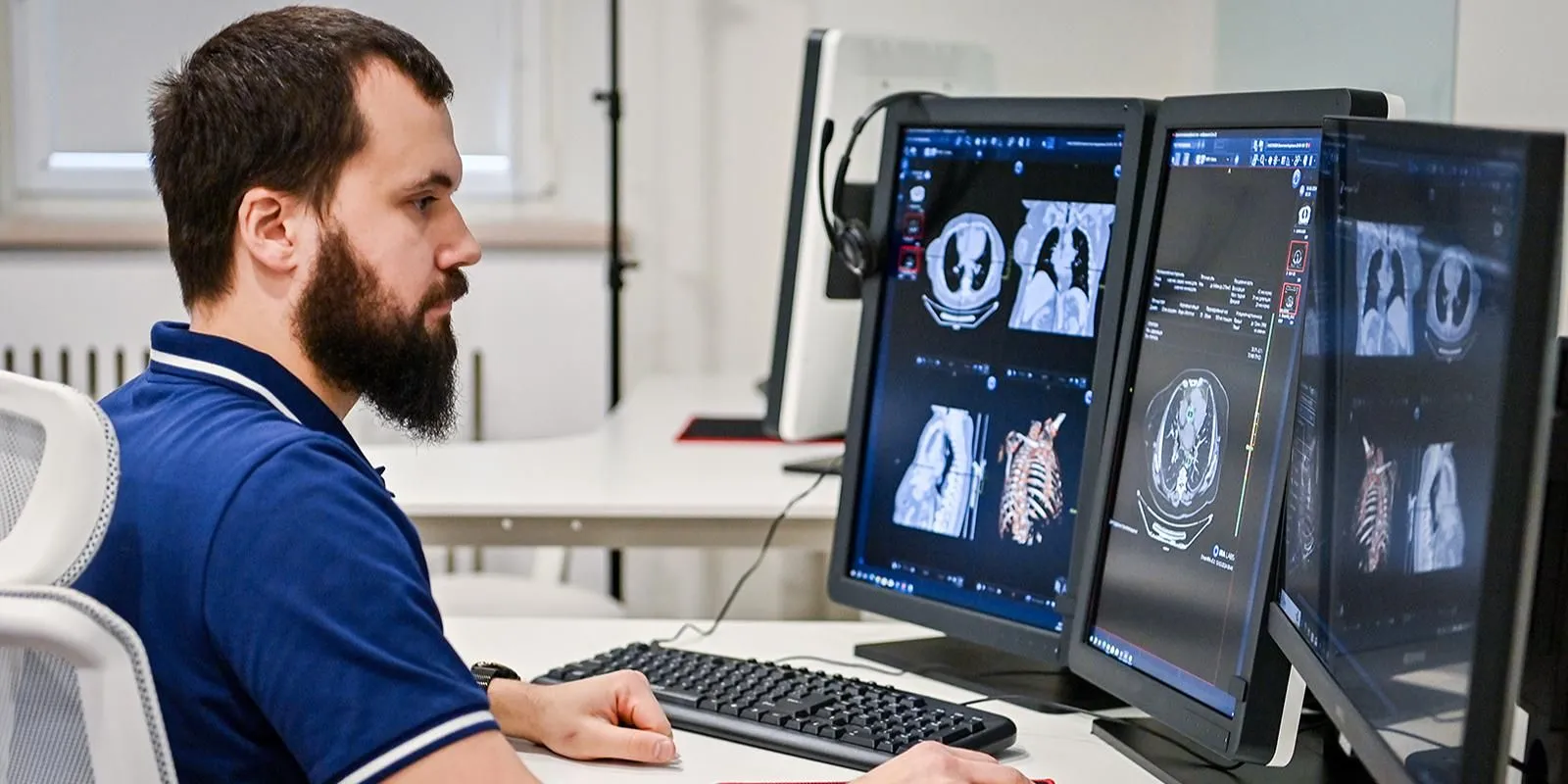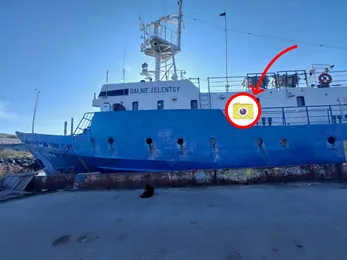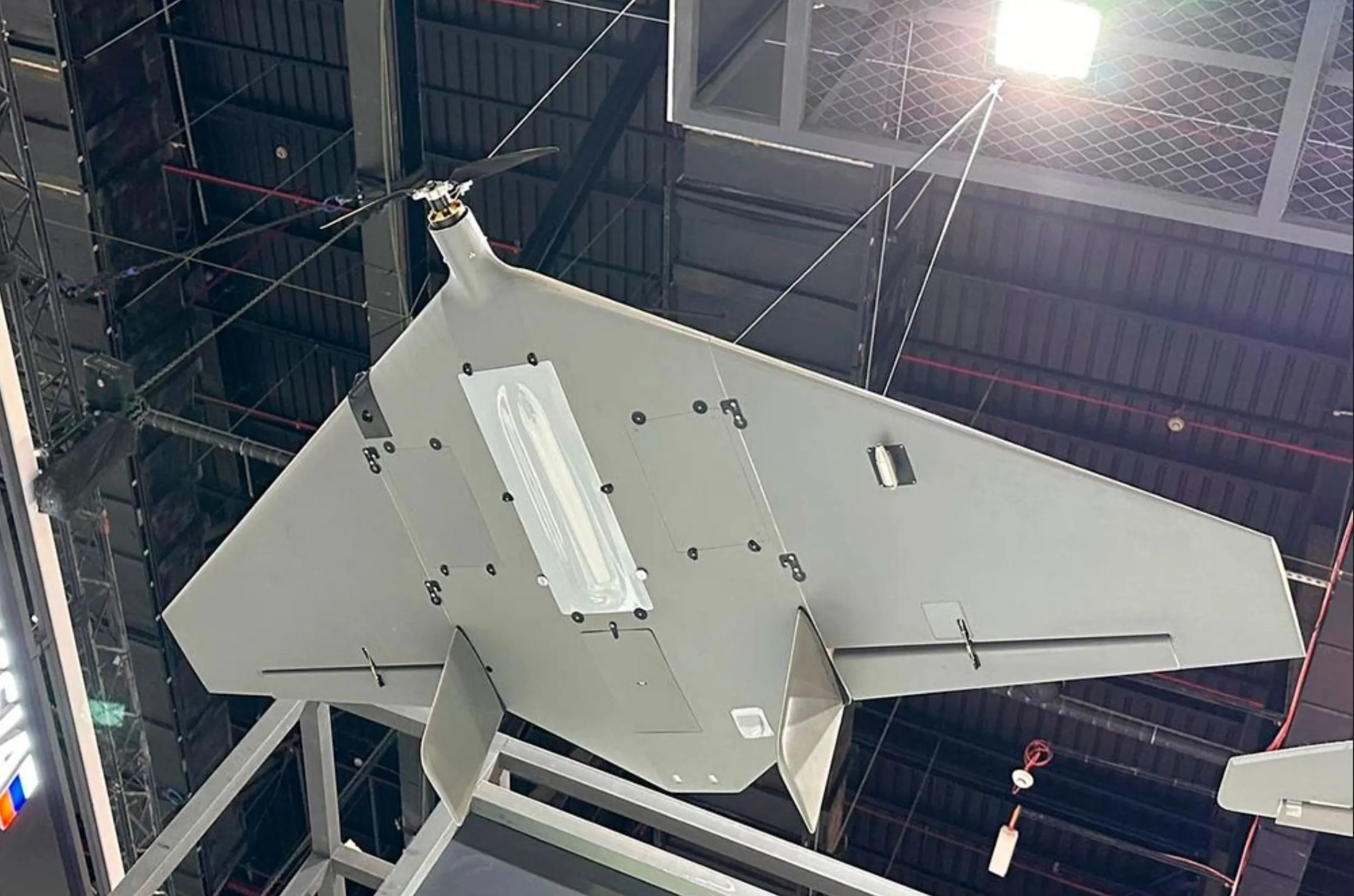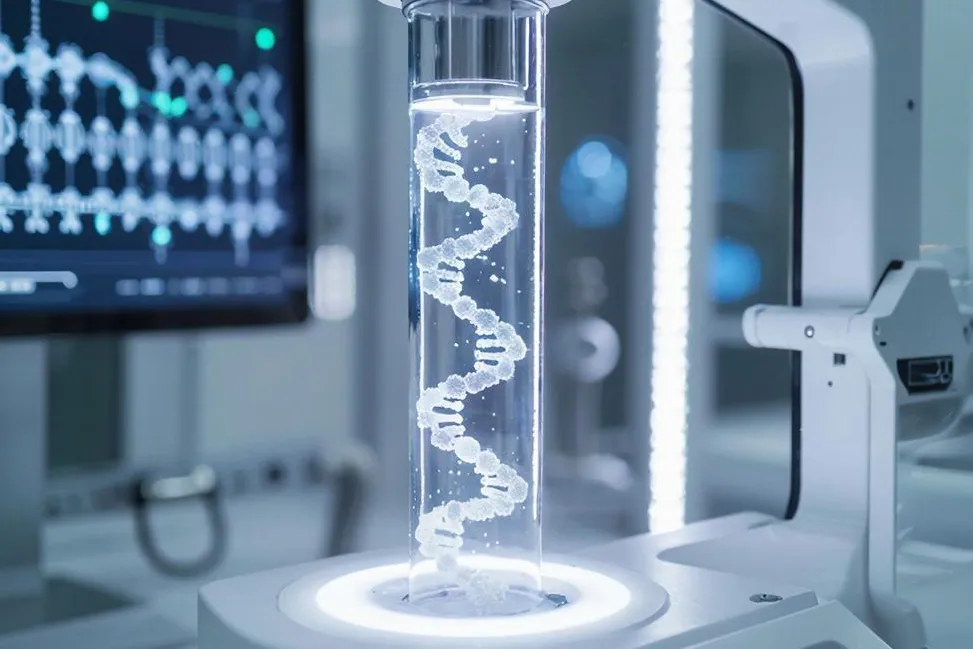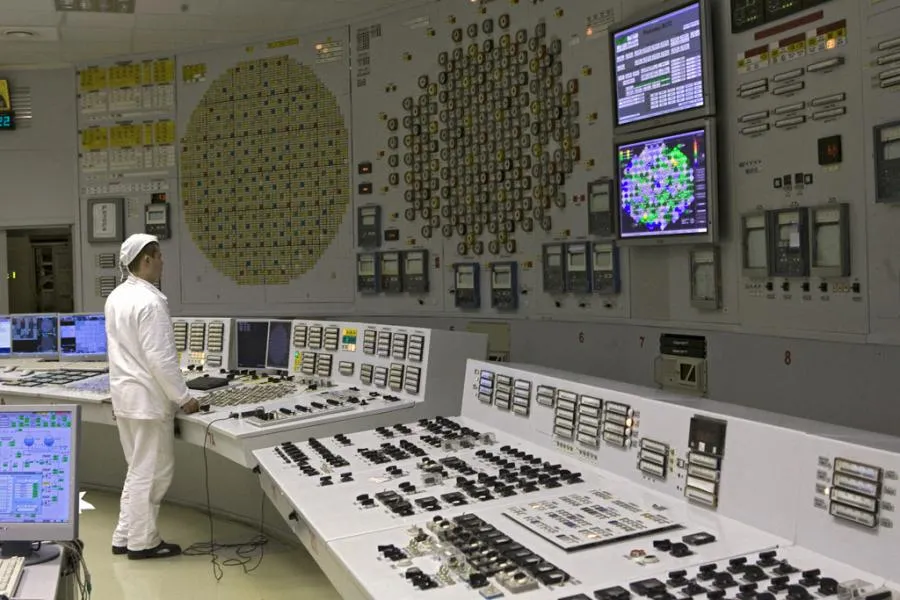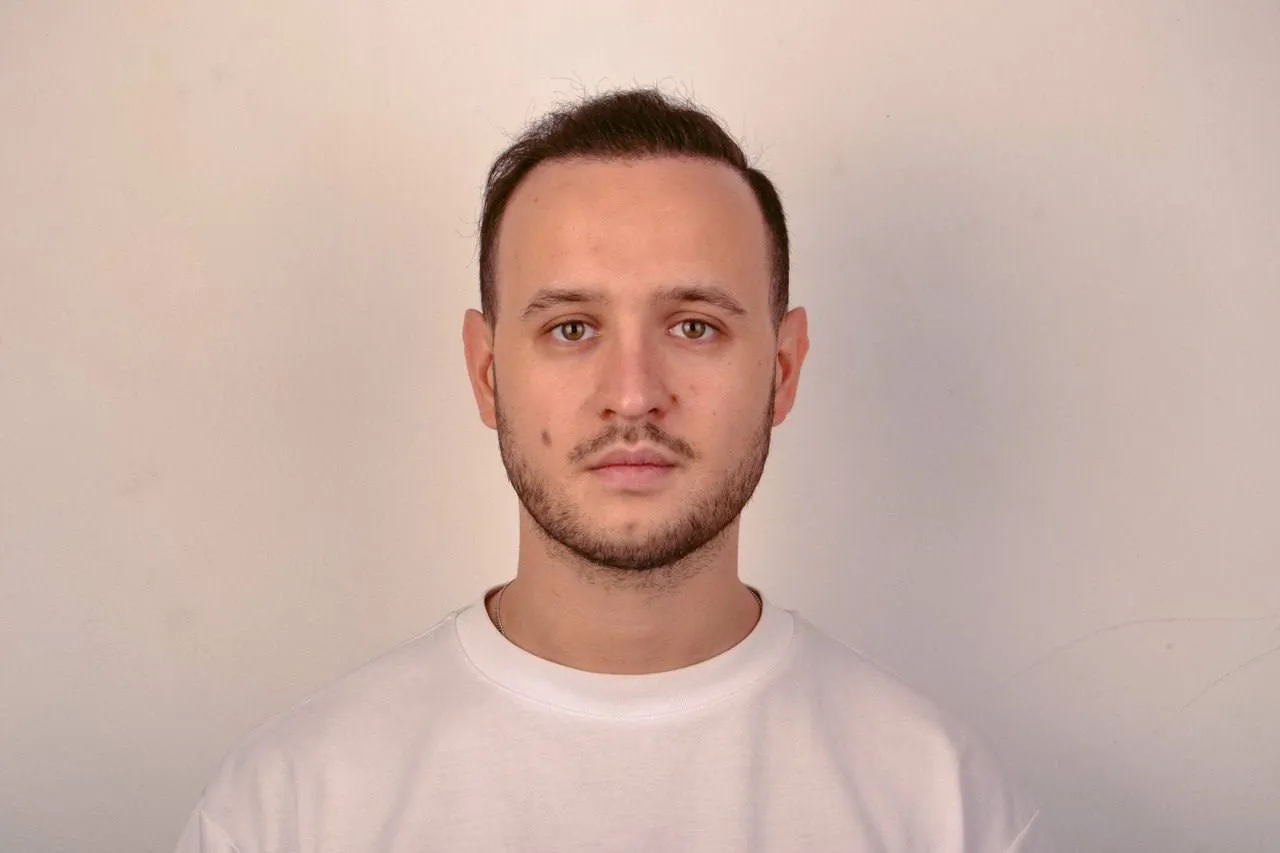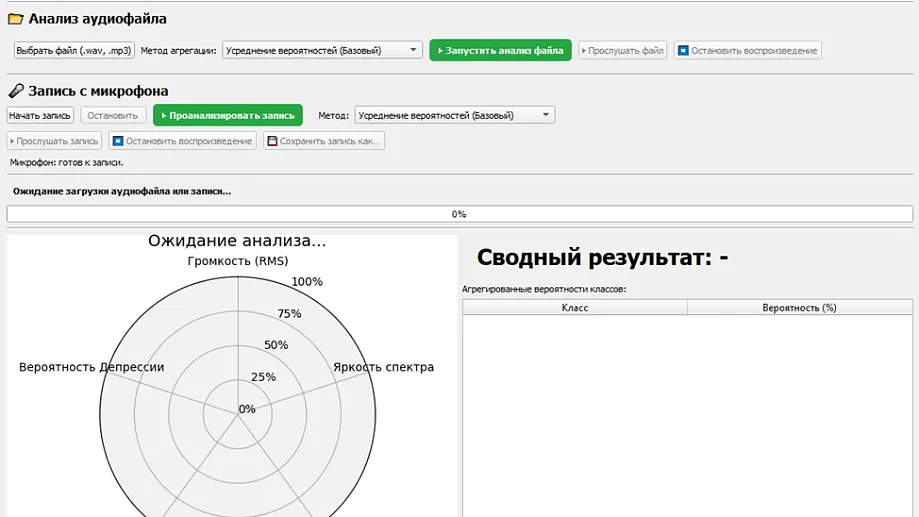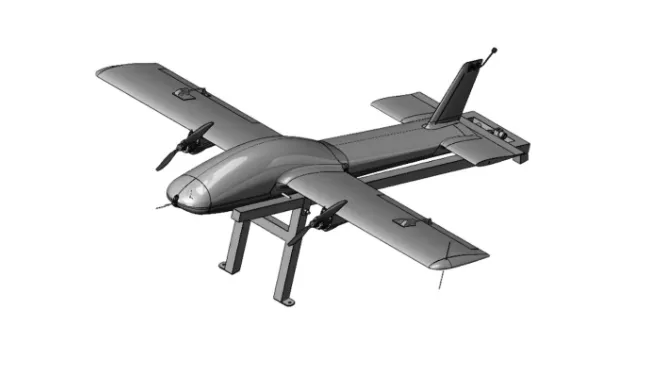Russian Scientists Develop AI System to Diagnose Brain Tumors
The technology identifies tumor subtypes and helps doctors choose personalized treatment strategies.
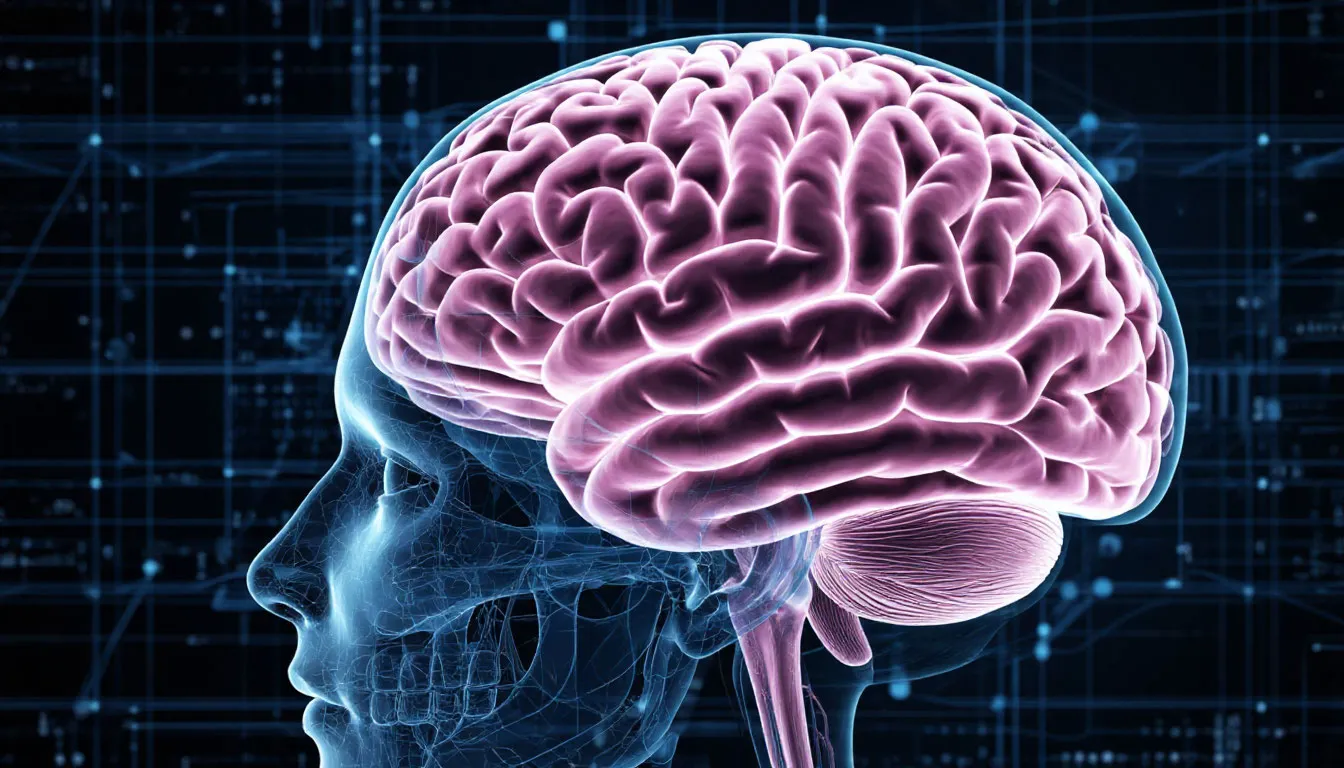
Researchers at Lobachevsky State University of Nizhny Novgorod have created an artificial intelligence system capable of accurately diagnosing subtypes of gliomas — one of the most aggressive forms of brain cancer. The innovation could help doctors make faster, more precise diagnoses and select optimal therapies for each patient.
The Nizhny Novgorod team’s AI model evaluates the activity of 13 key genes linked to three major glioma subtypes. By mapping the genetic “on/off” patterns, the system produces a more accurate diagnosis tailored to the individual.
Transparent AI — No “Black Boxes”
Unlike many AI tools that operate as opaque “black boxes,” the researchers built their model on the principle of explainable artificial intelligence. The system clearly shows how each of the 13 genes influences its final decision, giving physicians insight into the algorithm’s reasoning and supporting their own clinical judgment.
The technology opens new possibilities for personalized oncology, where treatment is based on the unique biological profile of each patient. While the system is currently used in research settings, the team plans to develop clinical diagnostic kits in the future — a step that could dramatically speed up cancer detection and improve patient outcomes.


